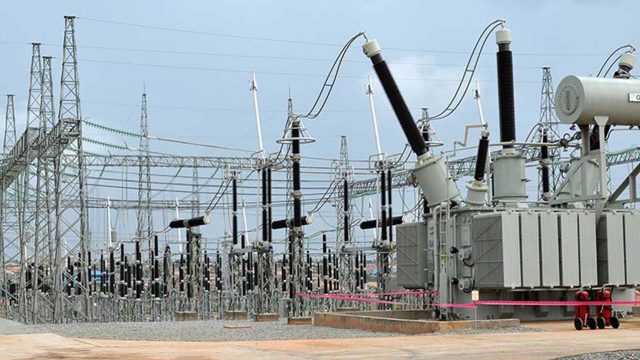The planned reduction in electricity tariffs paid by Band A customers in Enugu State, as announced by the Enugu Electricity Regulatory Commission (EERC), which took effect on August 1 this year, has plunged many residents into darkness.
Meanwhile, the Enugu Electricity Distribution Company (EEDC) stated that implementing the tariff order would result in a monthly loss of over one billion naira (N1 billion), as it would be challenging for the company to fulfil its market obligations.
In the last four days, many electricity consumers in the state especially those on Bands, B, C, D and E have not had power supply.
The planned reduction became a subject of controversy soon after it was made public, as electricity stakeholders, including the Nigerian Bulk Electricity Trading (NBET), questioned the commission’s authority to reduce the tariff.
EERC had reduced the tariff for Band A customers from N209.50/kWh to N160.40/kWh, effective August 1.
The Manpower Electricity Distribution Limited (MEDL), an agency responsible for electricity distribution in the state, stated in a press release on Monday that the power outage is due to a significant reduction in energy allocation from its parent company, Enugu Electricity Distribution Company (EEDC).
The company blamed the development on the “issuance of a new tariff order to the Manpower by the EERC”.
The statement added that “upon receipt of the tariff order, MEDL, by obligation, promptly updated EEDC (our energy supplier). After analysing the implications of the new tariff, EEDC feels that implementing it would result in a monthly loss of over N1 billion, which makes it impossible for EEDC to meet its obligations to the market
“Consequently, and to mitigate these losses, EEDC made the difficult decision to reduce the volume of energy supplied to MEDL. This has, unfortunately, resulted in MEDL receiving only about 50 per cent of its usual energy allocation, significantly affecting our ability to serve some of our customers.
“It is important that MEDL does not receive electricity directly from the National grid. Instead, we rely solely on EEDC, which holds the vesting contract agreement with the Nigerian Bulk Electricity Trading (NBET), the organisation responsible for electricity bulk trading”.
The statement, which regretted the inconvenience the development had caused to numerous customers, assured that discussions were ongoing with stakeholders at the state and federal levels, including EERC, NERC, NISQ, and NBET, to resolve the issue.
It further appealed for the understanding and patience of her customers regarding the development.







